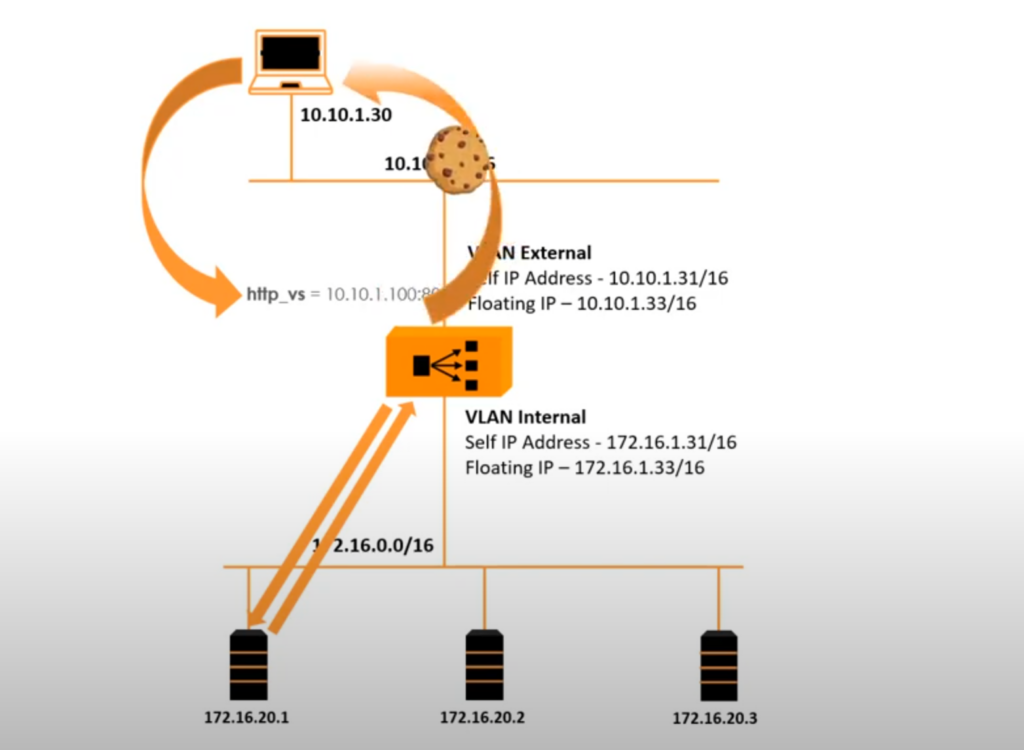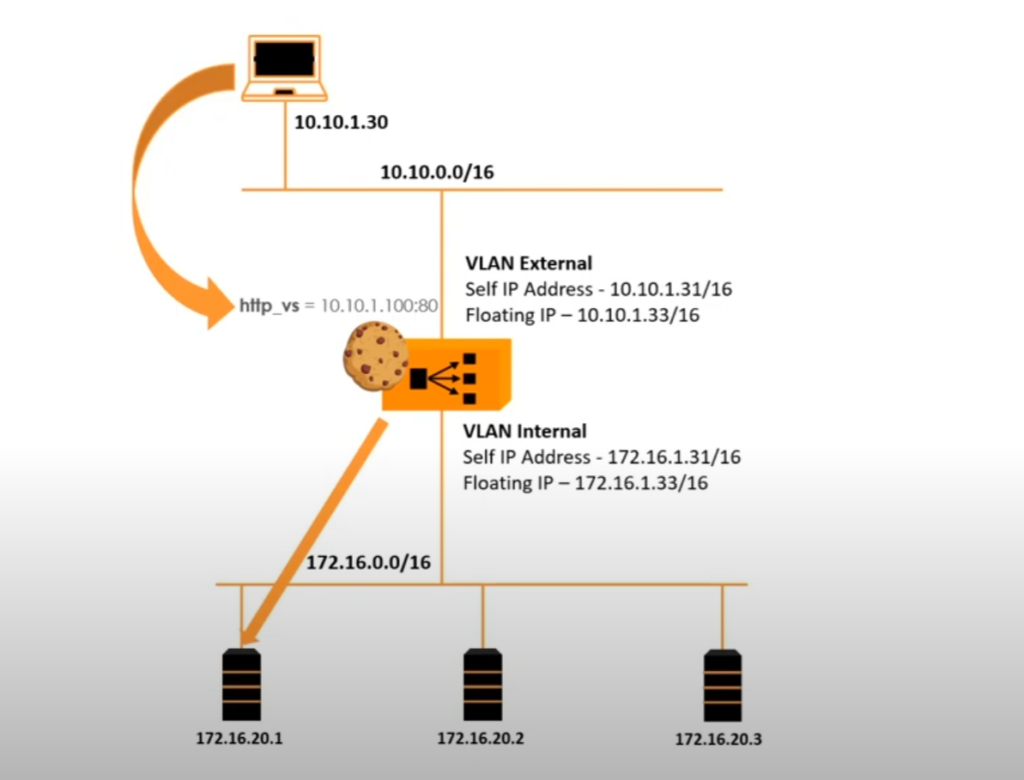We’re gonna talk about HTTP Cookies, sometimes we call it internet cookies or sometimes just simply cookies. So what is a cookie anyway? Is this something we eat? Popularized by as the favorite food of this high profile blue monster! Nah! Cookies are data stored in our web browser, we’re gonna talk about cookies it’s history benefits and types.
History
Invented by a web programmer named Lou Montulli in June 1994. Together with his colleague John Giannandria, they wrote the initial Netscape cookie specification. His first use is to check when visitors have already visited Netscape website. Before its only for Netscape, then it was integrated with Internet Explorer in October of 1995 and granted patent in 1998. You know what happened next? All other web browsers started using cookies. The concept of cookies is very simple when you visit a website you will download data stored in the browser this data includes images text and cookies so the next time you browse the same website the website would have an idea who you are. That’s why sometimes, in E-Commerce websites they can tell you which item you have already checked or visited.
HTTP Cookie Types
Session Cookies – these is used to record your online activities since websites have no sense of memory and without these cookies your site browsing history would always be blank. This helps you maneuver through the internet by remembering your actions. Websites would remember your activities until cookie is expired.
Third-party Cookies – also known as tracking cookies, this collects data based on user online behavior when you visit a website. This third-party cookies collect various data that are sold to the advertisers by the website you visited. They track your interest, location, age, gender and search trends. It collects information so that the marketers can provide you with these custom advertisements. These are the ads that always pops up, these are the ads that always irritates you wherever you go. Aside tracking and stealing your information cookies can also be used to maintain server session this is what we call Persistent Cookies – it remembers and implement those preference the next time you visit the website. It’s the type of persistence where we create a special cookie and it is inserted by the Application Delivery Controller (ADC) as it sends a response back to the client this special cookie contains information such as select a Server HTTP Cookie Persistence.
HTTP Cookie Persistence
When a client sends HTTP request, the first time it will be received by the ADC (such as F5 BIG-IP) through its listener which is called Virtual Server or VS. It will be processed depending on which feature is enabled, it can do load balancing. Let’s say it chose the first server, then the Server1 will process the request and reply back to the ACC (F5-BIGIP). Then, the ADC will insert a cookie as it sends the response back to the client.

And the next time the same client sends HTTP request to the same Virtual Server, it will check the cookie and it would know that it has connected to Server 1 the ADC will skip the load balancing as it maintains the connection to that specific server – Server 1. And why do we do this? For efficient server connection handling, applications may perform better and faster as it continuously reads cache information on that specific server per user session.

Click below to access the video version and consider subscribing:
And hands on lab demonstration on F5 BIG-IP HTTP Cookie is also available: